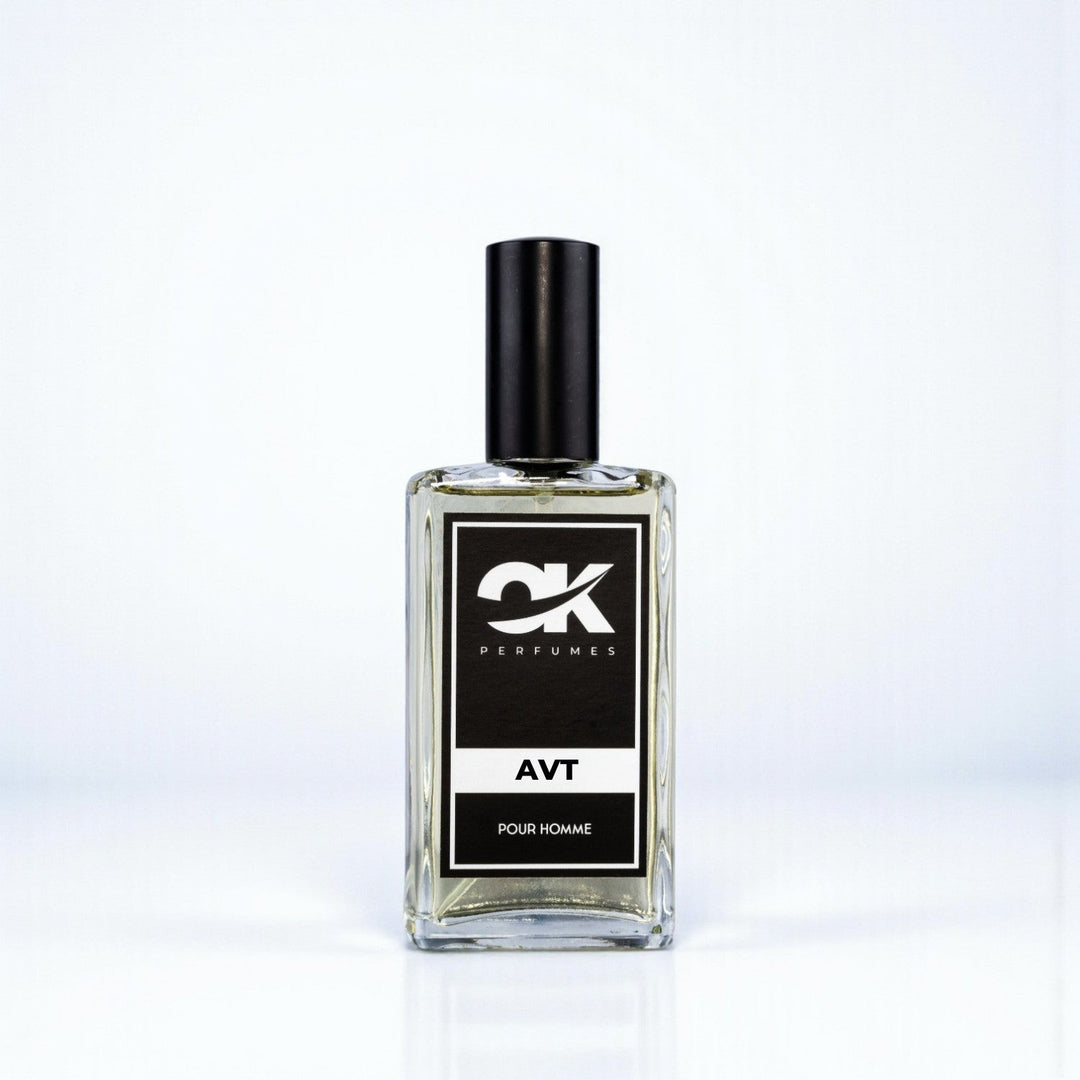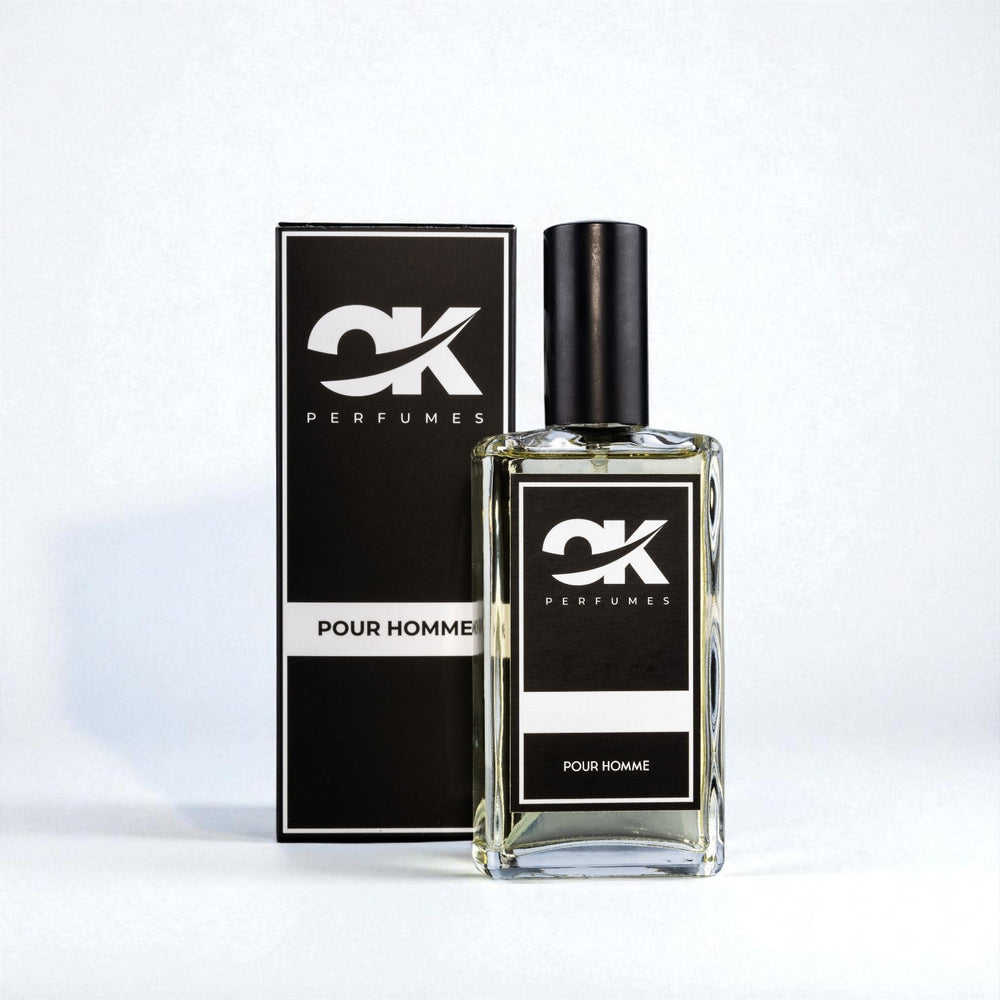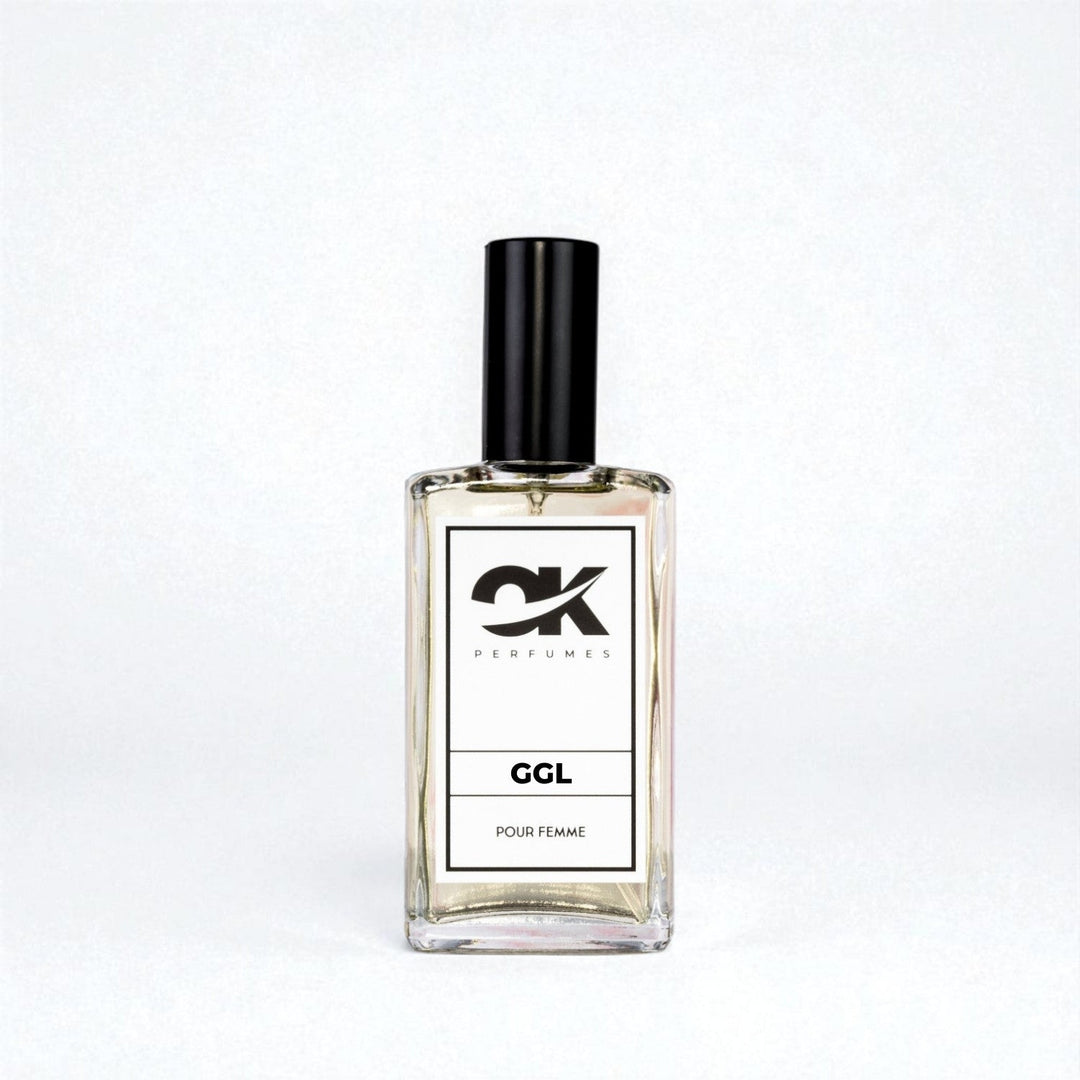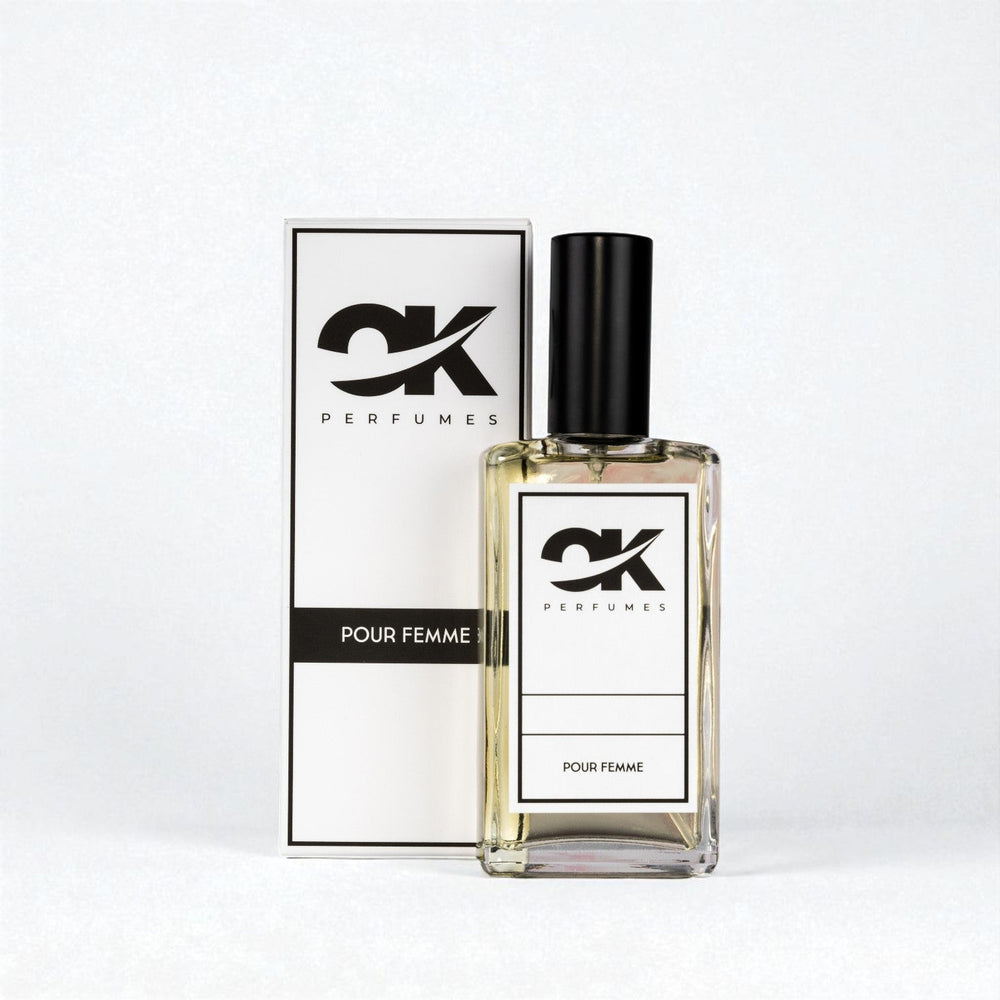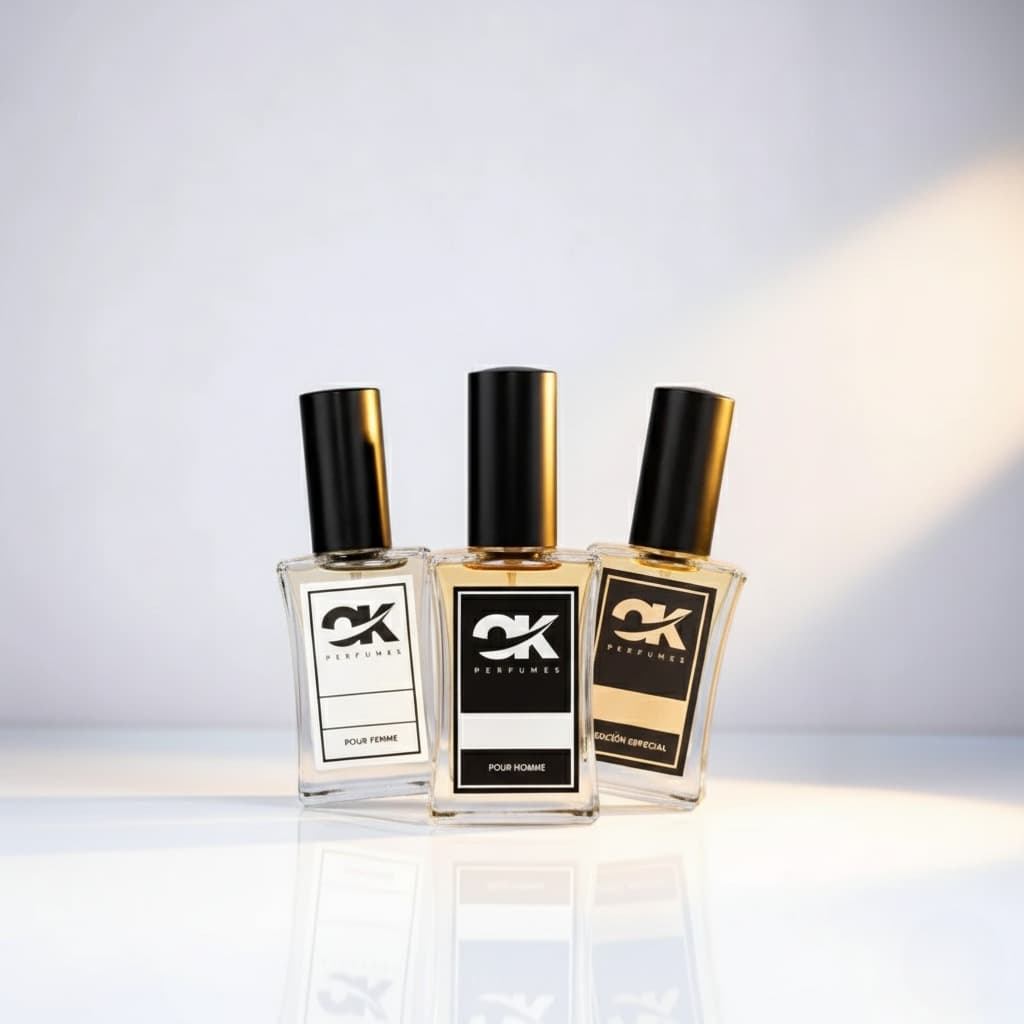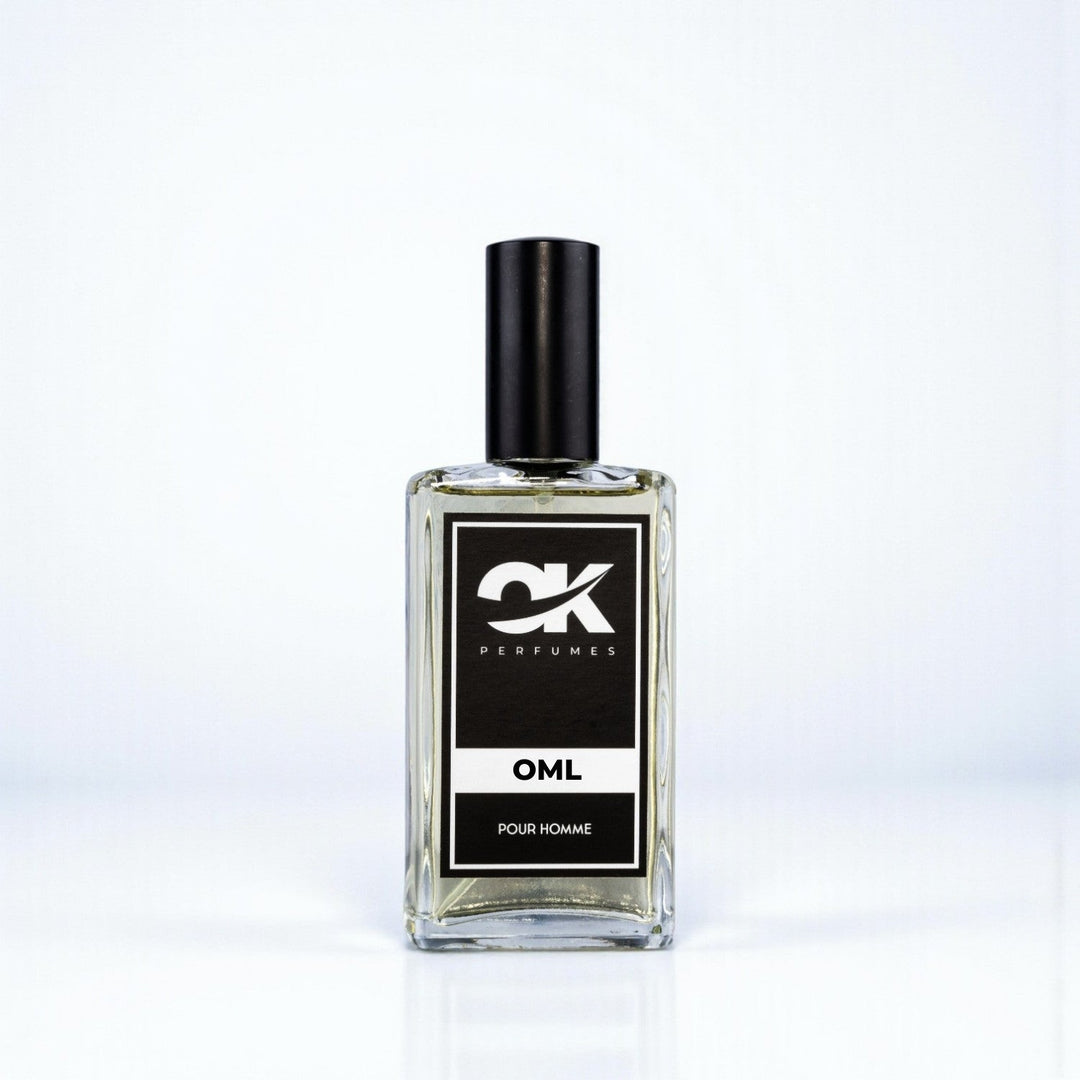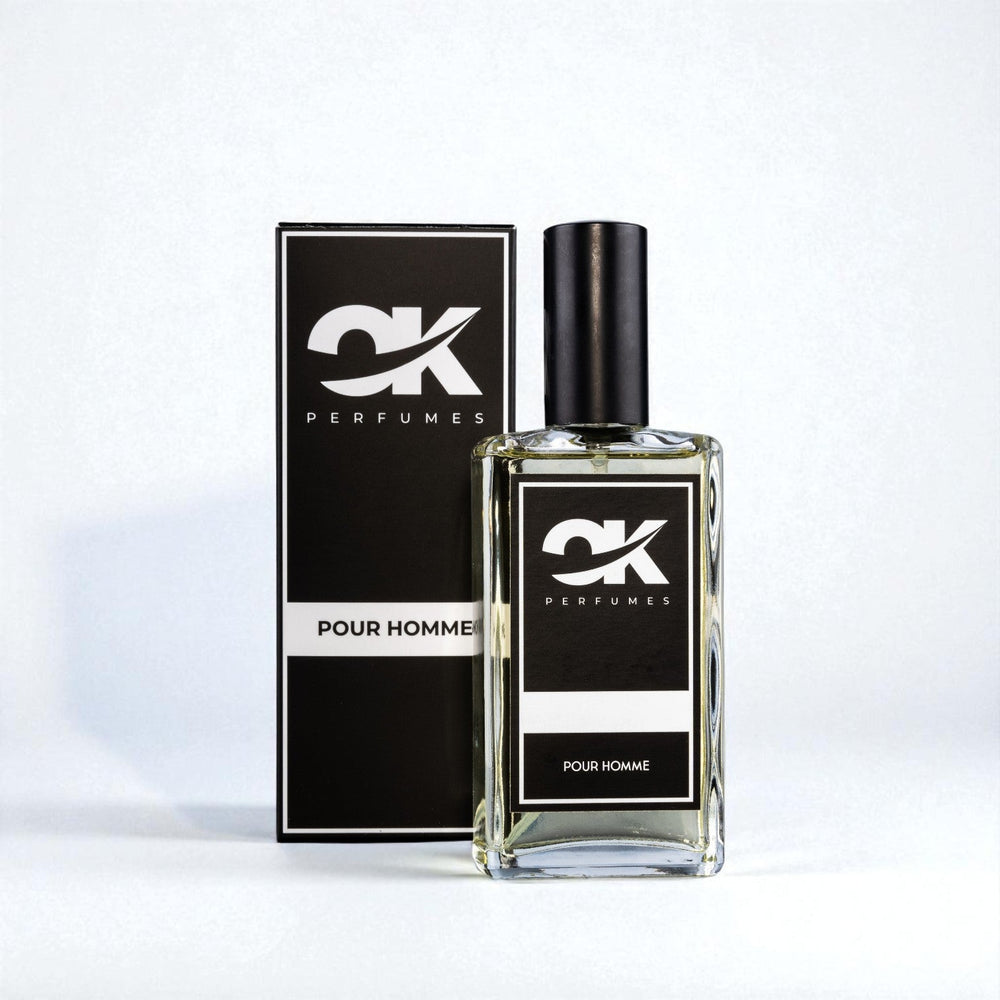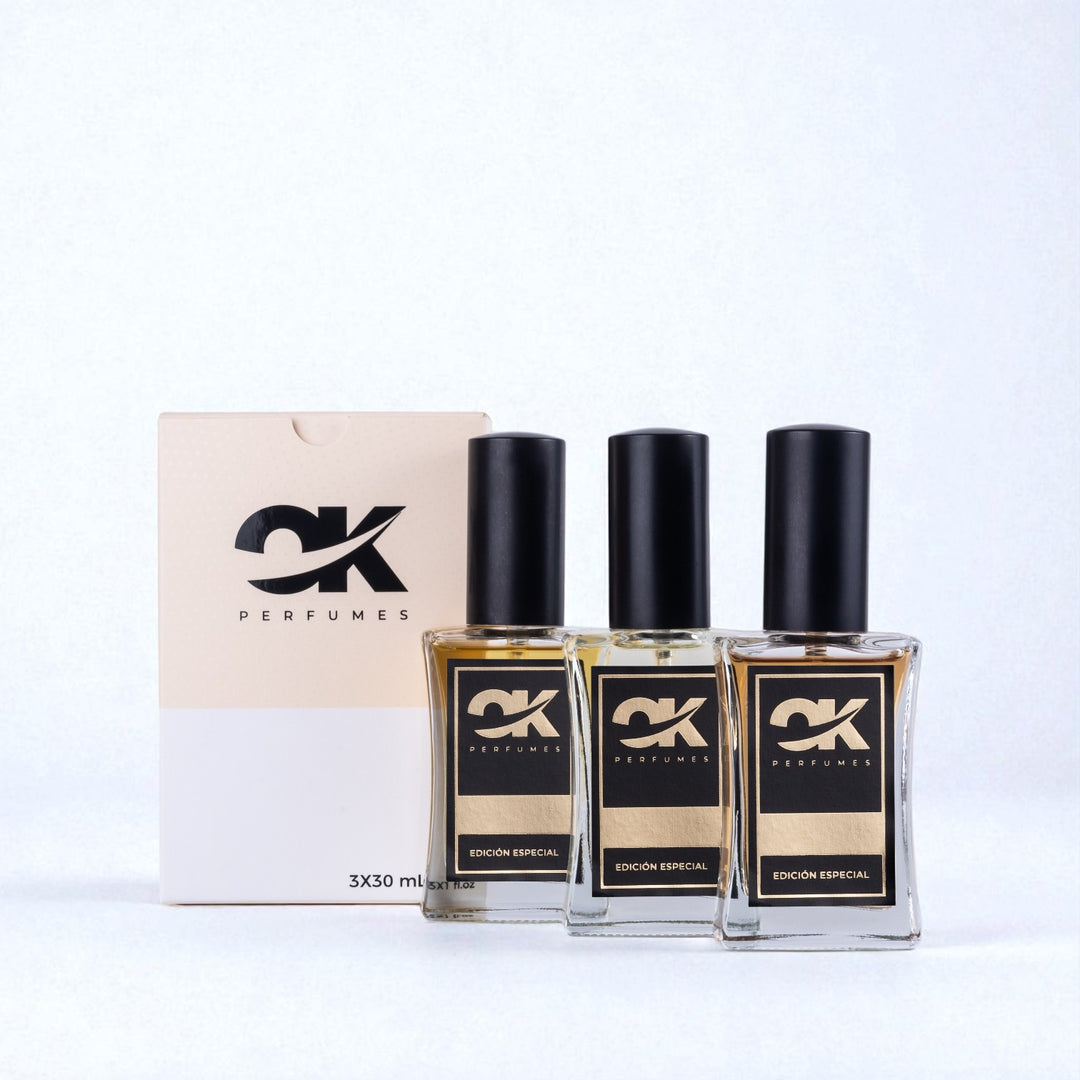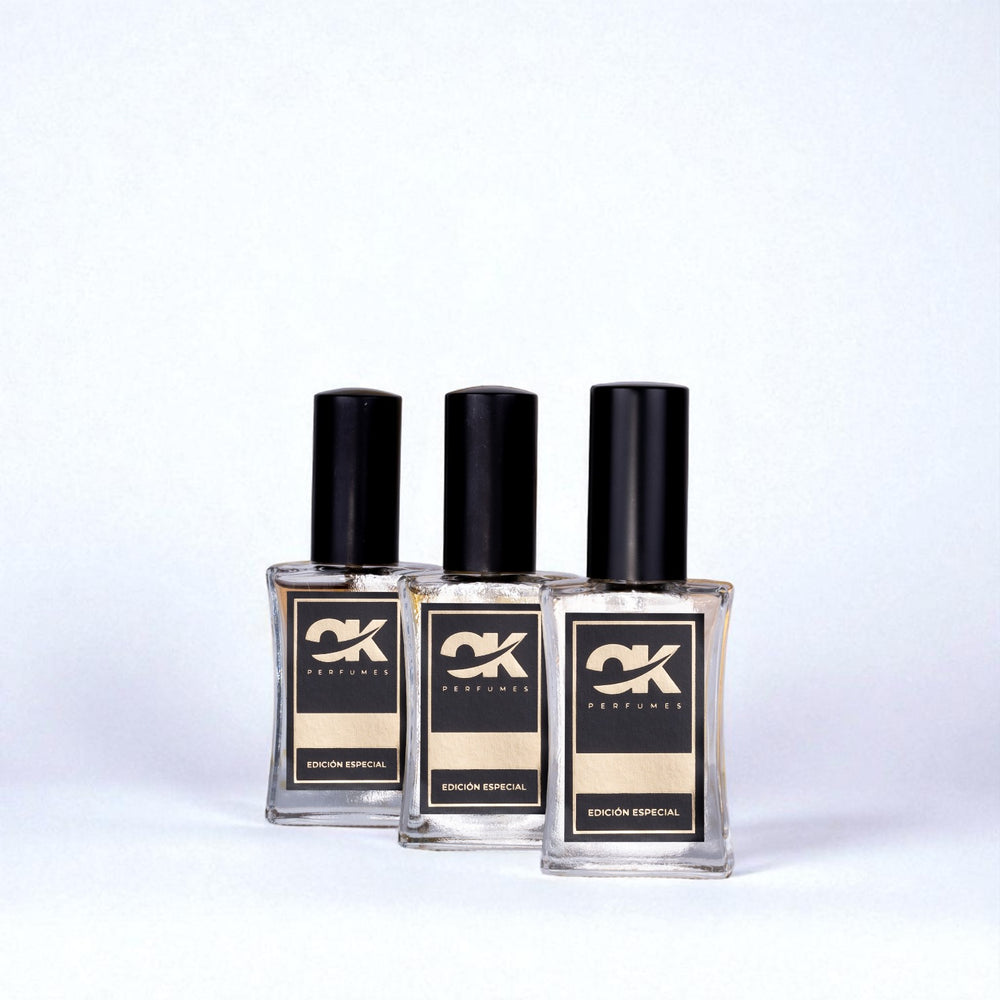The Compelling History of Perfumery Through the Ages
Perfumery has been an art appreciated by many cultures throughout history. From the ancient Egyptians, who used fragrances in religious ceremonies, to the sophisticated perfumes of today, this art has evolved and adapted to the trends and needs of each era. In this article, we will explore the fascinating history of perfumery and how it has become an essential part of our lives.
Origins of Perfumery in Antiquity
Perfumery has its roots in ancient Egypt, where it was considered a sacred element. The Egyptians believed that gods and goddesses were associated with scents and therefore used perfumes in religious rituals and ceremonies. The first formulas were made from natural ingredients such as flowers, woods, and resins.
The Egyptians and the Use of Fragrances
The ancient Egyptians used perfumes not only for religious ceremonies but also in their everyday lives. They embalmed themselves with fragrances to prepare for the afterlife. Egyptian women, for example, wore small bottles of perfume in their necklaces. Thus, the use of these fragrances became a symbol of social status.
Perfumery in Ancient Greece and Rome
After Egypt, perfumery spread to Greece and Rome. The Greeks made important contributions to the practice, developing more complex formulas and using essential oils. In ancient Greece, perfumes such as Myrrh and Nardi were highly valued.
The Greek and Roman Influence
The Romans adapted the art of perfumery and took it to a new level. They created elaborate bathing systems where fragrance was essential. The Romans were famously known for their luxurious lifestyles and used perfumes daily, both in their baths and on their clothing.
The Middle Ages and the Renaissance: A Paradigm Shift
The evolution of perfumery continued throughout the Middle Ages, although it was hampered by a lack of resources and a focus on religion. However, the arrival of the plague in the 14th century changed the way fragrances were perceived. Perfumes were believed to purify the air and protect against disease.
The Renaissance: Rebirth of the Art of Perfumery
During the Renaissance, perfumery regained its status. New techniques and knowledge of chemistry allowed perfumers to experiment with a wide range of ingredients. This period saw the emergence of exclusive fragrances. European courts began to embrace a perfume culture, turning this luxury into a sign of social distinction.
The Industrial Revolution and the Modernization of Perfumery
The Industrial Revolution brought significant advances in perfume production. New techniques for extracting essential oils allowed perfumery to become more democratic. At the end of the 19th century, the first modern fragrances using synthetics began to appear, making perfumes more accessible.
The Age of Commercial Fragrances
During the 20th century, the perfume industry transformed into a massive commercial sector. Bold fragrance launches from brands like Chanel and Dior began to dominate the market. Marketing played a crucial role, boosting the value of perfume as a luxury product.
The 21st Century: Perfumery in the Age of Innovation
Today, perfumery continues to evolve rapidly. Brands are creating fragrances that appeal not only with their scent, but also with their sustainable and ethical production. The search for the "best" natural ingredients has led to innovative developments in the sector.
Modern Trends in Perfumery
One of the most notable changes in the industry today is personalization. Look for fragrances that adapt to each person's uniqueness. In this sense, brands have begun to offer options like Terre D'Hermès Eau Intense Vetiver , which have become preferred for their freshness and distinction. Unisex fragrances have also gained popularity, reflecting a more inclusive society.
The Future of Perfumery: What Lies Ahead?
With the rise of technology and growing concern for the environment, the future of perfumery is undoubtedly exciting. Creating perfumes using biotechnology and eliminating harmful ingredients are emerging trends, especially among more conscious brands.
Fragrance as a Form of Personal Expression
Perfumery is not only about olfactory pleasure, but has also become a form of personal expression. Every scent tells a story. Perfume choices, from floral to woody, reflect our identity and moods.
A Sensory Journey Through Time and Space
Exploring the history of perfumery is like immersing yourself in a fascinating journey through different cultures and eras. This art is more than simply creating scents; it encompasses traditions, rituals, and the pursuit of beauty in fragrances. From the ancient Egyptians to modern creations, perfumery remains an integral part of our lives, with the power to evoke memories and feelings.
In this vast world of scents, each person will find their ideal fragrance that resonates with their identity. So the next time you choose a perfume, remember the rich history that accompanies it. Let the fragrance tell your story!
Check out another user's Shopify or Wix store by clicking this store link . Note that this is a promotional link, and we assume no liability for the content of the linked store.




